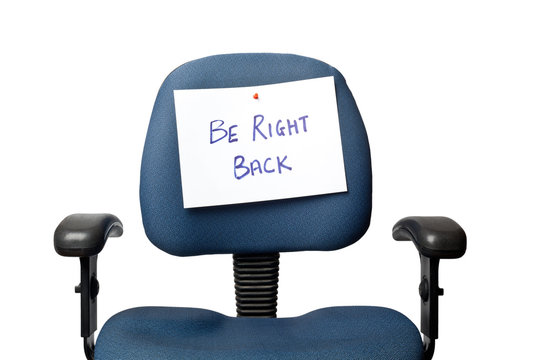
Psychology behind consistency
‘That’s what you said in your report, isn’t it?’ How to prepare your expert for this dreaded cross-examination question?
When it comes, people lean forward, heads cocked to anticipate an answer that will derail your side’s case. Of course, the opposing lawyer is ostensibly quoting your expert’s findings, but really paraphrasing to jive with their client’s narrative. If you could, you’d text your expert: ‘Don’t say yes FFS’.
Courtroom-experienced experts have learned to recognize these trigger questions. But as many cases are settled before a hearing, few experts have had much serious time in the cross-examination chair. One of our own experts recalls a particularly difficult cross-examination when he was pitched just such a curve ball. ‘I had to change my suit and tie for a Memory Man superhero costume,’ he says. ‘But when I looked around the room, I couldn’t see a phone booth.’
As a lawyer, you’re used to parsing and retaining volumes of written evidence for moments like these. It’s a skill, like any other. Luckily, our guy had excellent recall, too, and deftly dealt with the question. But it’s a very real challenge.
No doubt you’re familiar with the half-dozen or so levers for persuading people identified by psychology professor Robert Cialdini. His book Influence includes many stories about the power of commitment and consistency.
“Once we commit to something—especially on paper—we naturally want to be consistent with ourselves.”
Once we commit to something—especially on paper—we naturally want to be consistent with ourselves. Worse, we’re more easily persuaded to go further. He demonstrates this most vividly with American POWs in Chinese prison camps during the Korean War. To get their US captives to collaborate, the Chinese adopted a ‘lenient policy’.
‘Prisoners were frequently asked to make statements so mildly anti-American or pro-Communist,’ Cialdini writes, ‘as to seem inconsequential (“The United States is not perfect.” “In a Communist country, unemployment is not a problem.”).’ Having signed up to these statements, soldiers would find it hard to contradict themselves, often going on to comply with ‘much more substantive requests’.
We know experts can face intense pressure. It’s human nature not to look foolish on the stand; many either ramble or freeze. You can help them use this ‘commitment’ idea to their advantage. After all, they have already committed their opinions in writing.
Encourage them to internalize what’s in your reports—both what they wrote and the parts by other experts. They don’t need photographic recall but should have a clear mental outline.
Because the only answer to parry the question is: ‘No, that’s not actually what I said. I believe it’s in Section X…let me take you there.’ Then direct the judge or tribunal panel to it and read the paragraph verbatim.
You might also consider your own box of tricks for knocking the other side’s experts off balance. Then make sure that your own experts have had some independent training in countering them.


